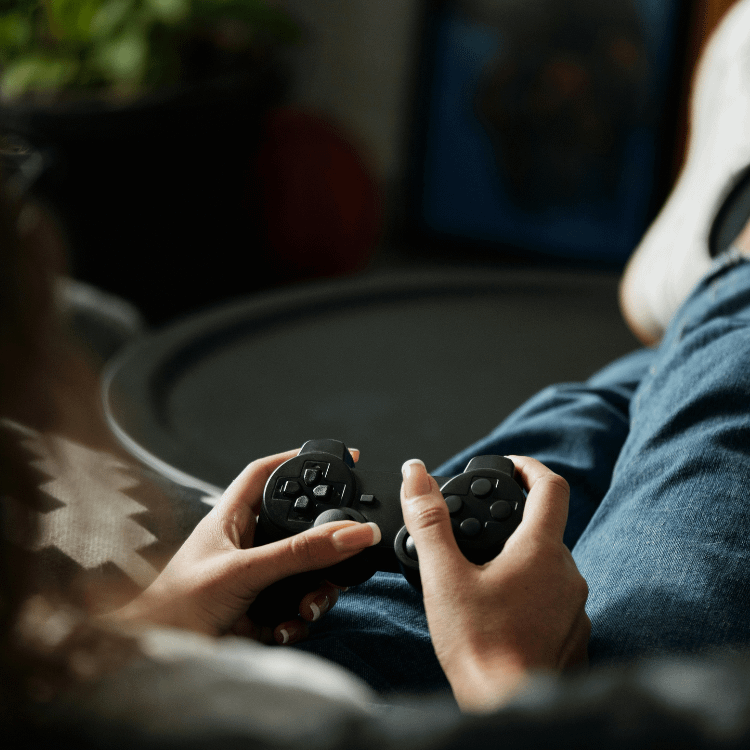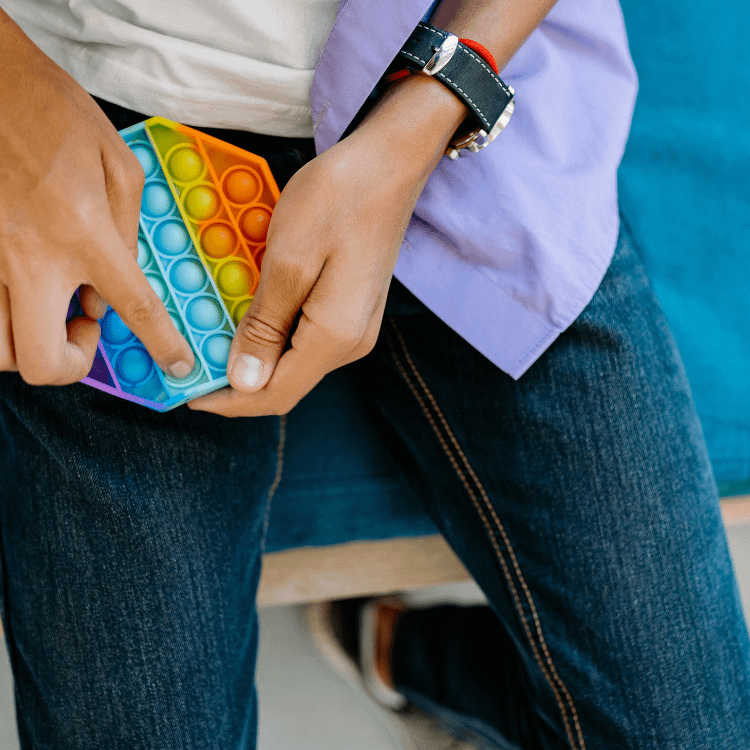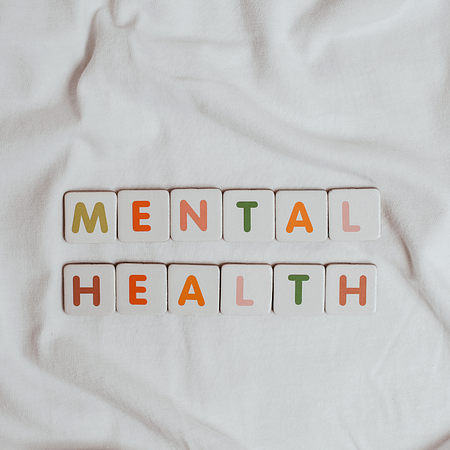
As a registered clinical counsellor working with young people across Vancouver Island, I’ve seen firsthand how phones, social media, and gaming affect mental health. Many parents ask me: “Why can’t my teen put down their phone?” or “How do I know if my child’s gaming is becoming a problem?”
The truth is, technology isn’t going anywhere. But with the right support, young people can develop healthier relationships with their devices. Let me share what I’ve learned working with youth in Nanaimo and across Vancouver Island.
Why Young People Get Stuck on Screens
Phones and social media apps aren’t accidentally addictive – they’re designed that way. Features like infinite scrolling, notifications, and “likes” trigger the same reward pathways in our brains as sugary foods or gambling.
For teenagers especially, this effect is magnified. Their developing brains are particularly sensitive to social feedback, making those notification pings nearly impossible to ignore. When a teen feels the buzz of a new message or sees likes accumulating on a post, their brain releases dopamine – the same “feel-good” chemical triggered by other rewarding experiences.
What I often see in my practice:
● Social validation: Many teens measure their worth through online feedback
● Fear of missing out: Anxiety about being disconnected from what friends are doing
● Escape from difficult emotions: Using screens to avoid dealing with stress, family conflicts, or academic pressure
● Social connection: For some Vancouver Island youth in remote areas, online spaces provide community they can’t find locally
When Screen Time Becomes a Problem
Not all screen time is harmful. The difference between healthy use and problematic addiction often comes down to how technology affects daily functioning.
Warning signs I discuss with parents include:
● Sleep disruption from late-night phone use
● Declining grades or school attendance
● Withdrawal from family activities or in-person friendships
● Irritability or anxiety when unable to access devices
● Difficulty concentrating on non-screen activities
How Counselling Helps: My Approach at Bee Here Counselling and Therapy

At Bee Here Counselling and Therapy, I use several effective approaches to help young people build healthier digital habits. Rather than demonizing technology, we focus on creating balance and addressing underlying needs.
1. Understanding the Root Causes
Often, excessive phone use masks deeper issues. A teen constantly checking social media might be struggling with social anxiety, low self-esteem, or depression. Through compassionate conversation, we identify what needs the technology is fulfilling.
2. Building Emotional Awareness Through Art Therapy
Many youth struggle to verbalize how social media makes them feel. Art therapy provides a different pathway to expression. Creating art offers a refreshing break from screens while helping young people process complex emotions.
In my Nanaimo office, we might draw what anxiety feels like after reading a difficult text message, or create a collage representing online versus authentic self. These activities build crucial emotional awareness.
3. Practical CBT Strategies for Digital Balance
Cognitive Behavioral Therapy helps young people recognize unhelpful thought patterns driving compulsive phone checking. Together, we might:
● Create personalized screen time limits that feel reasonable
● Develop replacement activities for moments of boredom
● Practice tolerating the discomfort of being temporarily disconnected
● Challenge thoughts like “Everyone is having fun without me” when seeing social media posts
4. Family Approaches That Work
Parents and caregivers play a crucial role in healthy technology use. In family sessions, we work on:
● Creating screen-free zones in the home
● Modelling healthy tech habits (parents often don’t realize how their own phone use affects children)
● Developing family activities that compete successfully with screens
● Communication strategies that avoid power struggles
5. Connecting with Vancouver Island’s Natural Environment

One of our greatest resources on Vancouver Island is nature itself. Spending time outdoors naturally reduces stress hormones and improves mood. I often encourage families to explore our beautiful beaches, forests and parks as part of their screen management plan.
Young people who reconnect with outdoor activities often report improved sleep, better concentration, and reduced anxiety – all without medication.
Specialized Approaches for Different Needs Depending on a young person’s specific challenges, I might incorporate: Play therapy for younger children struggling with screen limits
Mindfulness techniques to build awareness of automatic phone-checking habits Strength-based approaches that channel technology skills into positive outlets DBT skills for teens whose emotions feel overwhelming without the escape of social media Real Results from Counselling
While respecting confidentiality, I can share the types of changes I’ve seen:
● Improved sleep and energy levels
● Better concentration at school
● Reduced family conflict
● Renewed interest in hobbies and activities
● More authentic friendships
● Decreased anxiety and depression symptoms
Finding Support at Bee Here Counselling and Therapy

If you’re concerned about your child’s relationship with technology, counselling can help. At Bee Here, I offer both in-person sessions in Nanaimo and online counselling for families across Vancouver Island, British Columbia as well as Ontario and Saskatchewan.
Together, we can help your child develop a healthier relationship with technology – not by eliminating screens, but by building the emotional skills needed to use them wisely.
About Melissa: I’m a Registered Clinical Counsellor providing compassionate therapy for children, teens and families in Nanaimo and throughout Vancouver Island through secure online sessions. My approach combines evidence-based techniques with practical strategies that work in real life.
Resources:
● Foundry BC – Mental health resources for Vancouver Island youth
● Media Smarts – Digital literacy resources for families
● Kids Help Phone – 24/7 support at 1-800-668-6868



0 Comments